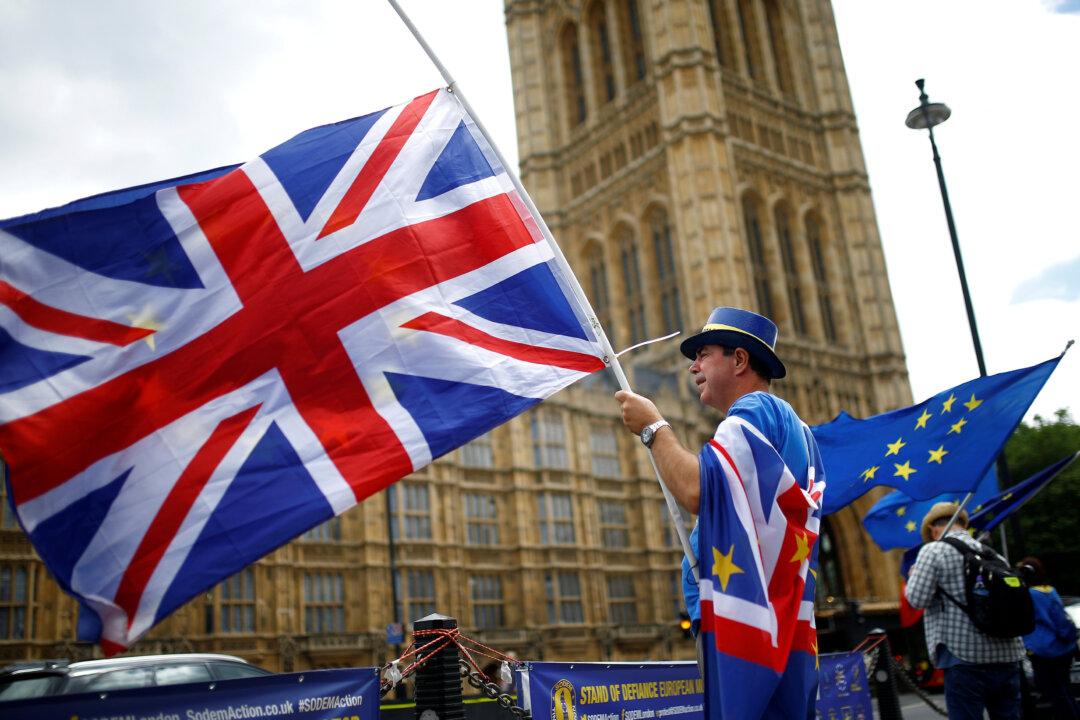LONDON—U.S. social-media bosses could face arrest if they fail to moderate harmful content on their sites, the UK minister for suicide prevention has suggested.
Jackie Doyle-Price’s comments come as the UK government prepares legislation to regulate social media sites.





